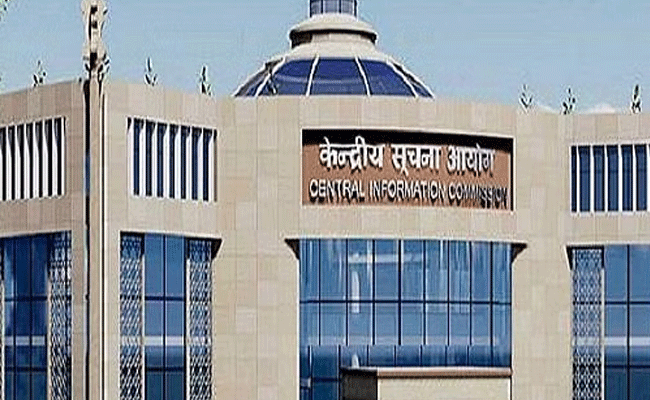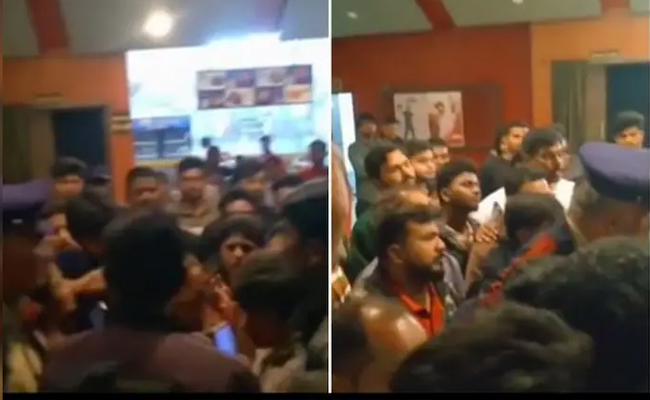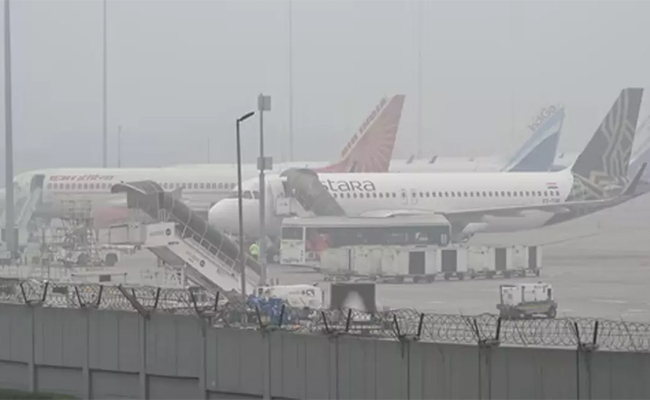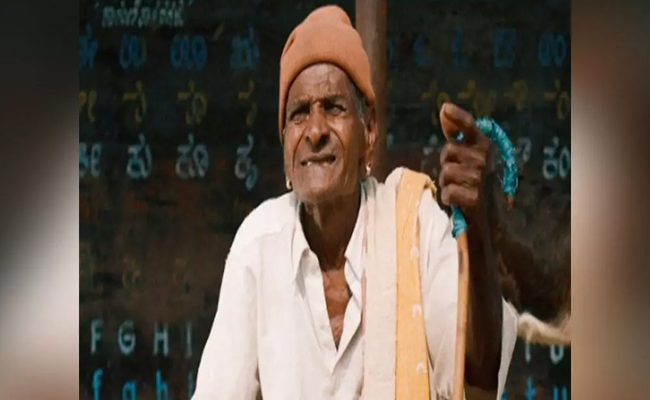New Delhi (PTI): The Central Information Commission has summoned officials of the offices of the lieutenant governor, chief minister, and chief secretary over the non-disclosure of information on salaries paid to Imams of mosques in Delhi under the RTI Act.
Information Commissioner Uday Mahurkar has also issued notices to officers of the Delhi Waqf Board on the plea of activist Subhash Agrawal.
Agrawal wanted complete information, including the file notes, on the decision to pay salaries to Imams in Delhi mosques through his application under the Right to Information (RTI) Act.
He sought to know the total number of mosques in the national capital where Imams receive salaries, the total amount incurred, annual expenditure, and details of the competent authority responsible for the payments.
Through his RTI application, Agrawal also asked if such salaries are being paid to priests of Hindu temples as well.
The offices of the LG and the chief minister did not respond to the RTI application, but the office of the chief secretary transferred it to the Department of Revenue and Delhi Waqf Board.
The Delhi Waqf Board, in its reply to Agrawal, said none of the queries are related to it.
The commissioner has also issued notices to the Public Information Officers of these two departments asking them to appear before it for hearing on November 18.
The CIC has asked the officers to bring all the files related to the matter for hearing.
The Supreme Court in 1993 had ordered the Waqf Boards to pay adequate salaries to Imams working in mosques managed by the boards.
"We are, therefore, not willing to accept the submission that...in the absence of any statutory provision in the Waqf Act the Imams who look after religious activities of mosques are not entitled to any remuneration," the Bench of Justice R M Sahai had held on a petition by All India Imam Organisation which had approached the apex court for "enforcement of fundamental right against their exploitation by Waqf Boards."
The organisation had approached the apex court seeking a direction to Central and State Waqf Boards to treat them as employees of the Board and to pay them basic wages to enable them to survive.
Waqf Boards in several states, including Haryana, Karnataka, and Delhi, are following the practice of paying salaries to Imams.
Let the Truth be known. If you read VB and like VB, please be a VB Supporter and Help us deliver the Truth to one and all.
Dhaka (PTI): Bangladesh on Monday banned the broadcast of IPL's upcoming season in the wake of pacer Mustafizur Rahman's ouster from the world's biggest T20 league on BCCI instructions.
A statement from Bangladesh information and broadcast ministry stated that no "logical reason" was given by the BCCI while instructing IPL franchise Kolkata Knight Riders to release Rahman from its 2026 roster.
The IPL is due to start on March 26.
The move to ban IPL broadcast came a day after Bangladesh refused to travel to India for next month's T20 World Cup and requested the International Cricket Council to shift all its league games to Sri Lanka, the co-host of the tournament.
ALSO READ: Bengaluru: Juvenile held for filming inside women’s washroom at cinema theatre
"No logical reason for such a decision (Rahman's release) by the BCCI is known, and such a decision has saddened, hurt, and aggrieved the people of Bangladesh," read the government notification.
"In this situation, until further notice, it is requested by order to stop the broadcasting/telecasting of all matches and programs of the Indian Premier League (IPL).
"This order is issued with the approval of the proper authority and in the public interest," said the signed by assistant secretary Feroz Khan.
BCCI secretary Devajit Saikia, while announcing the diktat to release Rahman, had merely stated that it was being done because of "developments all around", without explaining the specifics.
The Indo-Bangladesh relationship has hit a rocky patch after the ouster of Bangladesh Prime Minister Sheikh Hasina, who fled to India in August last year following anti-government protests.
She was sentenced to death in absentia by a tribunal for her alleged role in a deadly crackdown during the agitation in which several students were killed.
Hindus have been targetted for violent attacks since Hasina's ouster.





